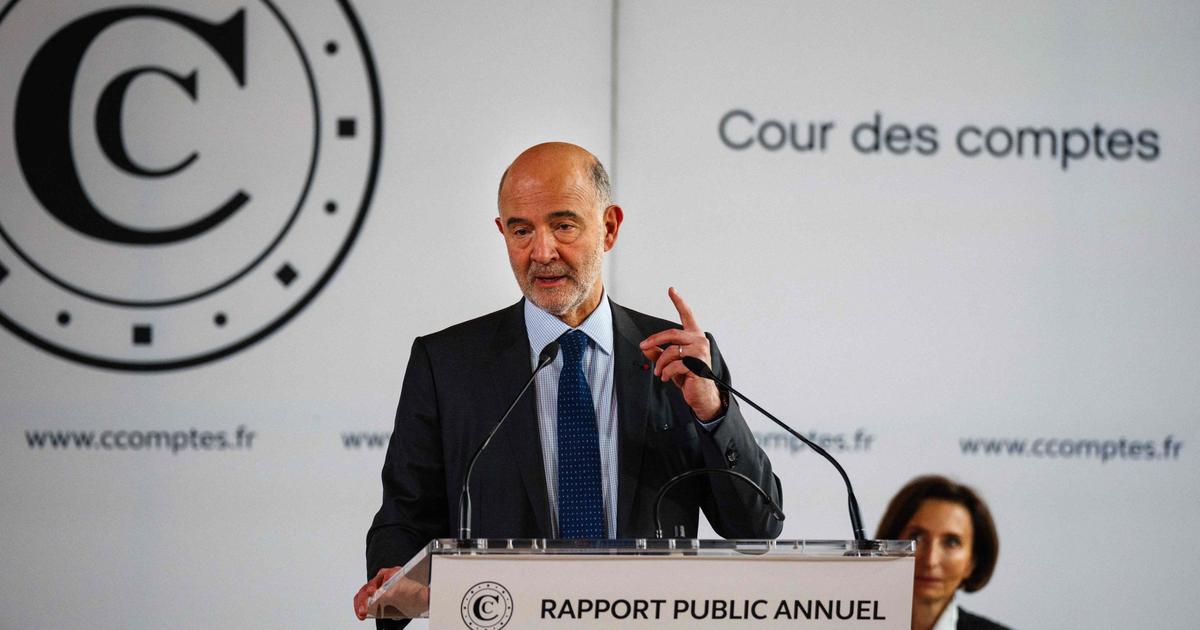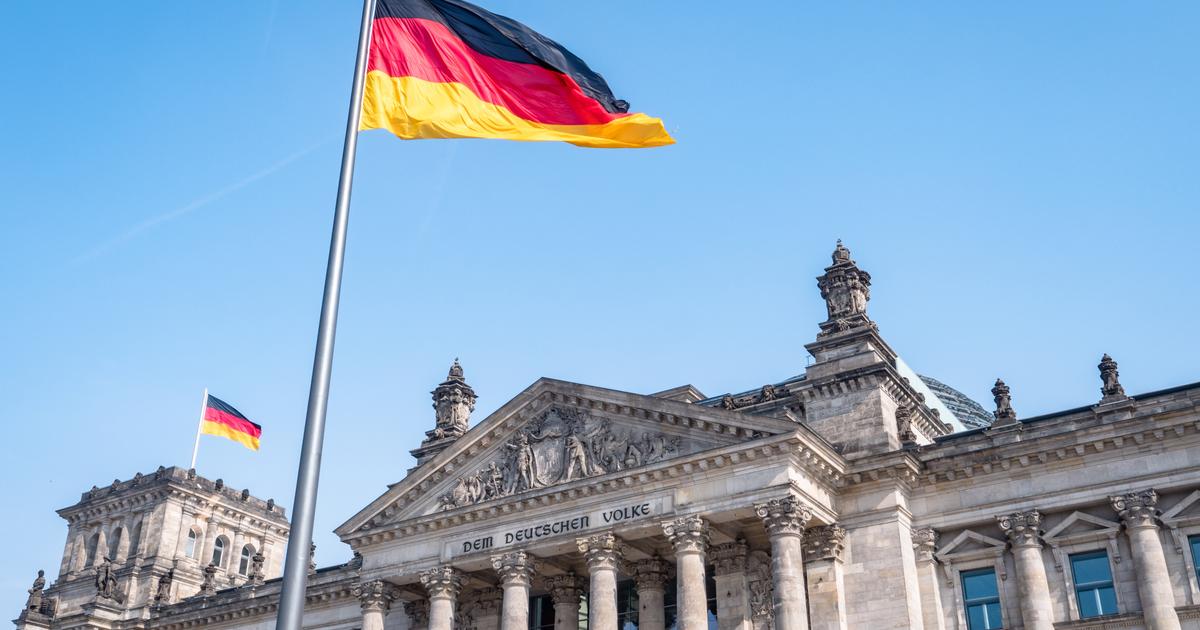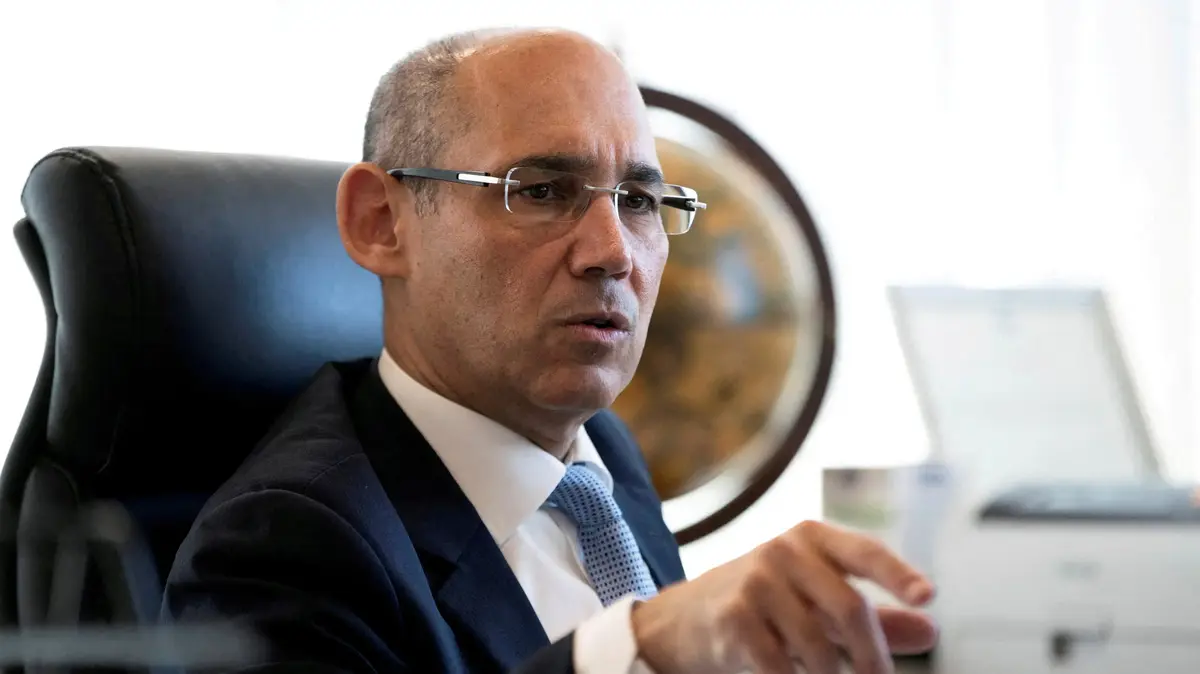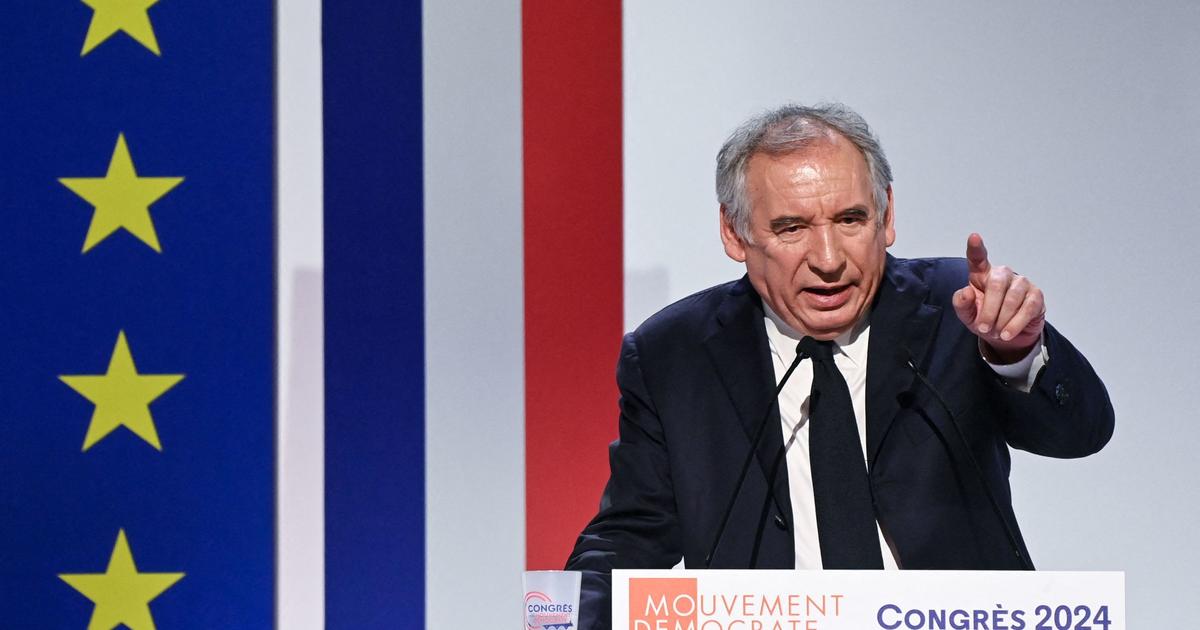In a Tel Aviv square, a group of Israelis demonstrate with beeps and songs against the judicial reform promoted by the government of Benjamin Netanyahu.
Two banners, common in the 11 weeks that the protest lasts, attract the attention of a family of tourists: "No democracy, no high technology" and "Save our
start-up nation
[new technology-based companies]”.
They are the cry for help of the technological sector, the locomotive, along with the defense industry, of the thriving national economy, given the possibility that the government project (which would affect the division of powers by granting the Executive an unprecedented power before the Court Supreme Court) ends up generating a flight of capital, limits the freedom of business and tarnishes the image of Israel as an innovative democracy with legal certainty and as a
start-up
nation that it has mainly promoted since the 1990s.
There are already signs of economic deterioration and more alarm bells sound every day.
It's no coincidence that the two banners are written in English, rather than Hebrew: 90% of the economic gush that feeds tech start-ups is venture capital from abroad.
And it no longer comes out ―as in the eighties― from the pockets of Jews from other countries who invested in Israel almost as philanthropic work, but from all kinds of investors who bet with their capital that some Israeli start-up ends up turning into a
unicorn
. , that is, that its value exceeds 1,000 million dollars.
The local currency, the shekel, which had been appreciating for a decade in the heat of the massive arrival of foreign capital, oscillates this Sunday around 0.25 euros, its lowest value since 2021, due to the worsening of the crisis.
Three weeks ago it fell close to 6%, to escalate when President Isaac Herzog announced an imminent agreement on the reform between the Government and the opposition, which never came.
And that the interest rates (whose increase tends to strengthen a currency by turning it into a juicier investment) are already at 4.25%, the highest since 2008. In line with Western countries, the Central Bank it has been rising (eight times since the start of the war in Ukraine, in February 2022) to try to contain inflation, which in Israel exceeds 5%.
Almost a year ago they were at 0.1%.
Last month, the Tel Aviv Stock Exchange's benchmark index, the TA-125, fell by around 5%.
“We are seeing daily withdrawals of between 100 and 150 million shekels (between 25 and 37 million euros) from mutual funds and exchange traded funds that follow local stocks and bonds […].
It is worrisome, but you don't see panic on the screens,” Yaniv Pagot, head of trade indices and derivatives at the Tel Aviv Stock Exchange, told
The Times of Israel
last week .
Added to this are open letters.
Last February, 56 economists from US universities (including 11 Nobel Prize winners) warned Netanyahu that undermining "a strong and independent judiciary is detrimental not only to democracy, but also to economic prosperity and growth." .
Last week, it was the turn of more than 250 investors in the United States.
Defining themselves as businessmen who "support Israel" and "have a deep connection" to the country, they conveyed to the prime minister their "deep dismay" over the judicial reform and suggested they could withdraw funds if it ends up being signed into law.
The last call for attention has come from the governor of the Bank of Israel, who precisely chose an American television channel to pass the message on.
In an interview with CNN,
Despite the danger signs, the international credit rating agencies Moody's and Fitch have maintained Israel's rating A1 (medium-high) this month and continue to anticipate a positive economic horizon.
Of course, with storm clouds, if the crisis becomes chronic.
Moody's warned on the 7th of a possible "downward pressure on these scores" if the reform goes ahead, the main points of which have already been approved in the first of three readings in Parliament.
“We continue to believe that there is a broad political consensus on the direction of economic and fiscal policies despite the fragmentation of the political landscape,” but Israel's good fiscal and debt indicators could “not compensate for the weakening of institutions” that cause the content of the reform and the way in which it is approved, he analyzed.
fitch,
High-tech workers are fully involved in the protest, including wearing their own red shirt, and their influence is essential: they contribute more than 10% of employment, around 15% of GDP and 25% of the revenue collection.
They also generate half of exports, ranging from cybersecurity to cyberespionage, including artificial intelligence.
They are products and services such as
software
, biometric systems, remote sensors or the famous Pegasus spyware.
Israel grew 6.4% last year, boosted by these exports and defense.
withdrawal of funds
Some businessmen involved in the protests have already announced the withdrawal of funds.
This is the case of the
fintech
Papaya Global or Verbit, which has more than 1,000 employees and 4,000 clients, including Google or the United States Library of Congress.
Its chief executive, Tom Livne, assured that, after having paid tens of millions of shekels in taxes these years, he will leave Israel with his
start-up
to force the government to come to the negotiating table on the reform.
The response he received on Twitter from Almog Cohen, a deputy from an ultra-right party integrated into the government coalition, Jewish Power, shows the social gaps that lie under the pulse: "Tom, your vote at the ballot box is worth exactly the same as that of Jacky from Netivot.
Have a nice flight".
Netivot is a poor, peripheral town created to house Jews from North Africa and the Middle East, while the high-tech is largely in the hands of Ashkenazi, with roots in Europe and associated with the elite.
Eido Gal, chief executive of Riskified, an Israeli technology company listed in New York, informed his employees by email on the 8th that he will deposit the 500 million dollars in cash and liquid assets that he has in Israel in foreign banks.
And he was offering them the chance to move and take the new jobs he intends to create at his research and development center in Portugal.
According to TV channel 12, five Israeli
unicorns
have moved quite a bit of their funds out of Israel.
“So far the impact is not noticeable in the macroeconomic figures.
It is rather an attempt to use their economic power to stop the process,” Erez Maggor, a sociologist from the Hebrew University of Jerusalem and a doctorate from New York specializing in the political economy of Israeli innovation, said by phone.
Both businessmen and workers in the sector tend to belong to the most liberal and secular Israel that is the backbone of the protest.
In fact, they generally live and do business in the Mediterranean strip that runs from the city of Tel Aviv to the north, where innovation is concentrated and is registering massive demonstrations.
It is the famous Silicon Wadi, in a play on words between Silicon Valley and an Arabic word that everyone knows in Israel and means “valley”.
They are also those who have the most to lose from the reform: their salaries are twice the national average (11,000 shekels, more than 2,800 euros) and their bread depends on Israel's image abroad to do business.
"They are the great beneficiaries of Israel's economic growth in recent decades," says Maggor, who recalls that the conflict with the Palestinians worsens Israel's international image, but has not stopped the arrival of funds, and that the money is not only for liberal democracies, as the example of China shows.
“His real concern has more to do with the reform changing the limits of state power with respect to private companies,” he adds.
The reform comes at a low hour for emerging companies.
The war in Ukraine and the consequent rise in interest rates have dried up funding.
The IVC Research Center, based in Tel Aviv and which monitors data from the sector, already calculated before the protests that in 2023 they will attract some 6,000 million dollars in investment, far from the 26,000 million days of wine and roses of 2021.
money back and forth
Last week, when Silicon Valley Bank staged the biggest bank crash since Lehman Brothers in 2008, many turned to the
start-up nation
.
The entity specialized in financing technology startups and, for many small and medium-sized companies in Israel, it was their only or main bank in the United States.
These usually have a part of the money in shekels in their country to pay salaries, but the bulk (from investors and clients) in dollars in the United States.
Finance Minister Bezalel Smotrich assembled a team to track possible contagion, while Netanyahu stressed that Israel has "one of the safest and most stable economies in the world."
Although there are no hard figures, it seems that the vast majority of Israeli clients rushed to withdraw the money as soon as the bankruptcy rumors started.
And those funds have returned to the country in full judicial reform.
Its two main banks, Leumi and Hapoalim, set up a crisis mechanism whereby they were able to hastily transfer the funds they had in Silicon Valley to them.
LeumiTech, the high-tech arm of Leumi, received $1 billion in a few days, the entity has reported.
And Poalim Hi-Tech, its equivalent in Hapoalim, gave them loans to pay salaries in the coming months in exchange for a commitment to transfer deposits.
Follow all the international information on
and
, or in
our weekly newsletter
.
Subscribe to continue reading
Read without limits
Keep reading
I'm already a subscriber







